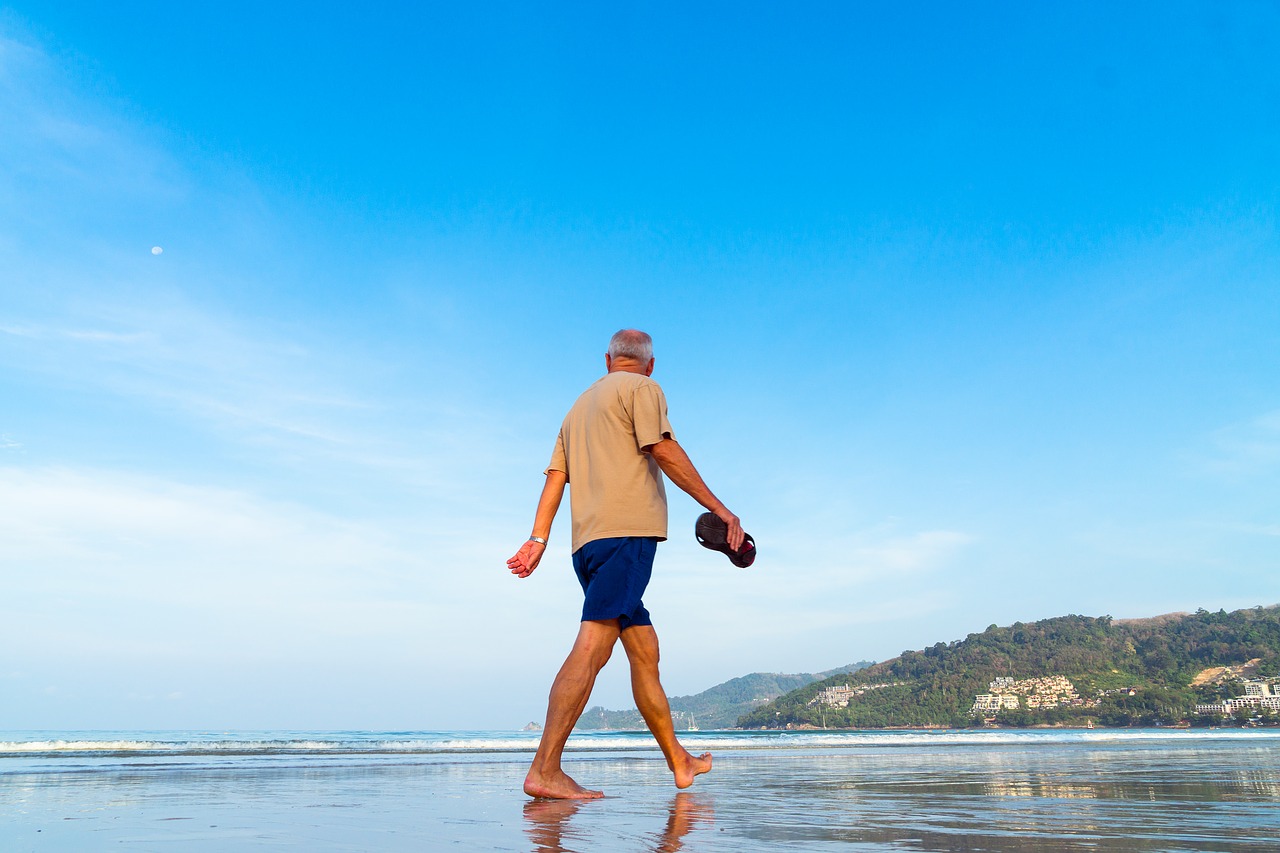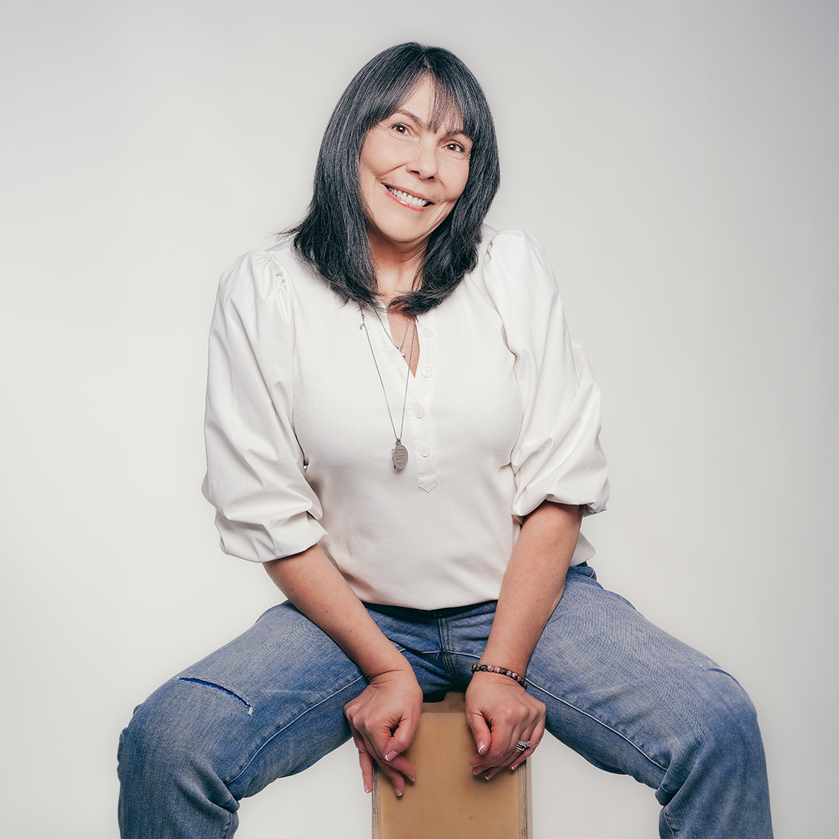
qimono / Pixabay
If you’re like many older Americans, you’ve seen the numbers on the scale creep up along with the candle count on your birthday cake. Today, that trend means more than a quarter of Americans age 65 and older are obese and many more are overweight, according to recent reports.
Although gaining weight isn’t an inevitable consequence of getting older, there are clear physiological reasons most people put on pounds as they age. Everyone naturally loses muscle mass over the years, which leads to a slower metabolism. However, seniors can reverse age-related muscle loss and even build new muscle through exercise.
Seniors Need a Different Approach
Since weight loss can come at the expense of bone mass or muscle, seniors shouldn’t rely on the scale to measure success when they’re trying to trim down. Instead, older people should focus on fat loss by tracking inches instead of pounds. Trimming body fat could also make everyday activities easier and help prevent or control heart disease and type 2 diabetes.
Such chronic conditions become more common as people age, which is one reason experts say seeking advice from your doctor before beginning a new exercise or eating plan is especially important for older adults. Your healthcare provider can evaluate your overall health and offer suggestions on easing into a plan with appropriate activities, according to an article in Prevention. For instance, if you’ve developed arthritis, swimming, walking, and other low-impact activities are probably a better fit than aerobics and running.
Exercise is Still Important
The Centers for Disease Control and Prevention recommend adults age 65 and older get at least 150 minutes of moderate-intensity aerobic activity each week, which could include brisk walking or swimming. The CDC also advises older adults to engage in muscle-strengthening activities that work every major muscle group at least two days each week. Including resistance training into your workout routine will boost your body’s metabolism, improve balance, and help preserve and build bone and muscle mass.
But strength training doesn’t have to mean pumping iron at a fitness facility. Indeed, many effective exercises, including wall push-ups, leg raises, and chair dips, use body weight for resistance. Once you’re ready to add more challenge, you can still work out at home with the help of some simple exercise equipment.
Home gyms outfitted with basic equipment have the advantage of being both affordable and accessible. You can stock a home gym without breaking the bank by investing in gear such as dumbbells, resistance bands, or an exercise ball. Having equipment on-hand will make it easier to find time for fitness. However, if the idea of putting together your own program seems overwhelming at first, a growing number of personal trainers work with clients in their own homes. There are also a variety of videos available online, including many designed specifically for seniors.
Dealing with Diet
As you incorporate more physical activity into your life, talk to your doctor about diet as well. Getting the right nutrients is critical at any age, but it is especially important for seniors striving to slim down. Your doctor may recommend that you increase your intake of lean protein to help stave off muscle loss or build muscle mass as you get more fit. But that doesn’t mean adding more calories to your diet. The key is making calories count.
For instance, experts recommend cutting down on processed carbohydrates and saturated fats in favor of lean protein and other nutrient-rich foods like vegetables and whole grains. A balanced eating plan packed with protein will give you the energy you need to exercise and has the added advantage of making you feel more full. An eating plan that shuns sugar and saturated fat will also keep your heart healthier and help prevent or manage diabetes.
So, while trimming down requires effort, exercise, and eating right, it is possible to avoid putting on pounds — and losing muscle mass — as you age.




